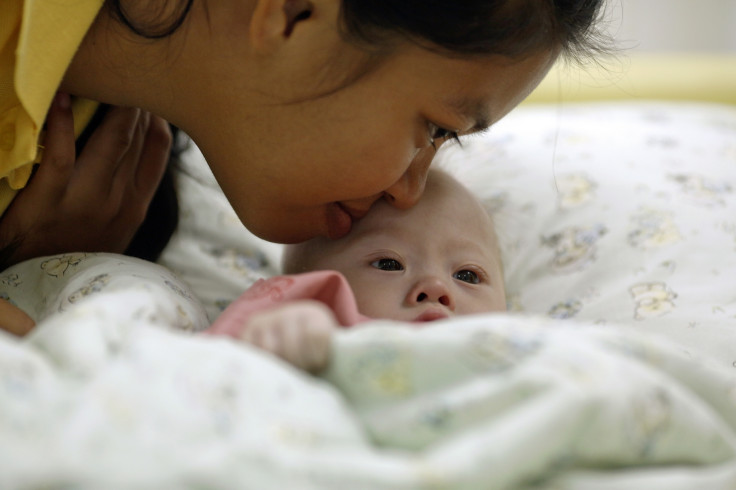Developing nations closing wombs-to-let to Westerners

The global rent-a-womb industry, using women from largely developing countries to have babies for mostly Western families, is beginning to implode in the face of increasing criticism and an "anti-colonialist" resentment. Well-heeled westerners desperate for their own biological babies who can't or who simply don't care to give birth to their own are growing them in the bellies of women from Thailand, Nepal, Mexico and India.
Commercial surrogacy in the Indian sub-continent is estimated to be worth more than $1bn (£65m) a year. Surrogacy can involve a foreign couple's own embryo or it can rely on sperm and egg donors.
The process usually involves in-vitro fertilisation and embryo transfer. A female surrogate is then paid to carry the foetus until birth.
The transaction can cost $50,000 (£35,000) or more, but the women are often paid just $4,000 (£2,800) of the total cost. A backlash is growing against the practice, reports the Global Post.
All of the key surrogacy nations are finalising or issuing laws that will make hiring surrogates more difficult, and in some cases nearly impossible, for foreigners. India is developing laws restricting surrogacy only to infertile married Indian couples — and not to foreigners.
One Thai legislator said he is determined to "stop Thai women's wombs from becoming the world's womb." Mexico's Tabasco State has simply banned surrogacy for foreigners, calling it the "exploitation of women."
In some cases women have been hugely exploited, treated like inmates on large "baby farms," that they're not allowed to leave and are under surveillance constantly. But the law changes are not due to just out of concern for the individual surrogates. The tightening of the market also signals a sense of offended national pride, some observers believe.
"They view their women's wombs as being exploited," Donna Dickenson, a University of London medical ethics professor, told the Global Post. "There is a history of colonialism, of extracting raw materials from colonies, and that is something these countries have to contend with. For them to see their babies as another one of those raw materials? I think there's something to that — even though that's clearly not how Western couples see it."
The spreading crackdown on surrogacy will mean pain to countless families who can't have children of their own. Gays make up a significant portion of the market . They're increasingly shut out by the surrogacy industry in Ukraine, India, Mexico and Thailand. One surrogate in Thailand, who learned the baby she was carrying was going to a gay couple, refused to give the child up.
But in another heartbreaking story, a baby born with Down syndrome was abandoned by her Australian parents who contracted for her, and "Baby Gammy" was raised instead by her impoverished Thai family.
As long-established surrogacy industries begin to shut down, the market will likely gravitate to other countries where the demand will be met because they so sorely need the income. But they may be so desperately poor that they cannot begin to provide the health services required by surrogacy, notes the Global Post.
© Copyright IBTimes 2025. All rights reserved.






















